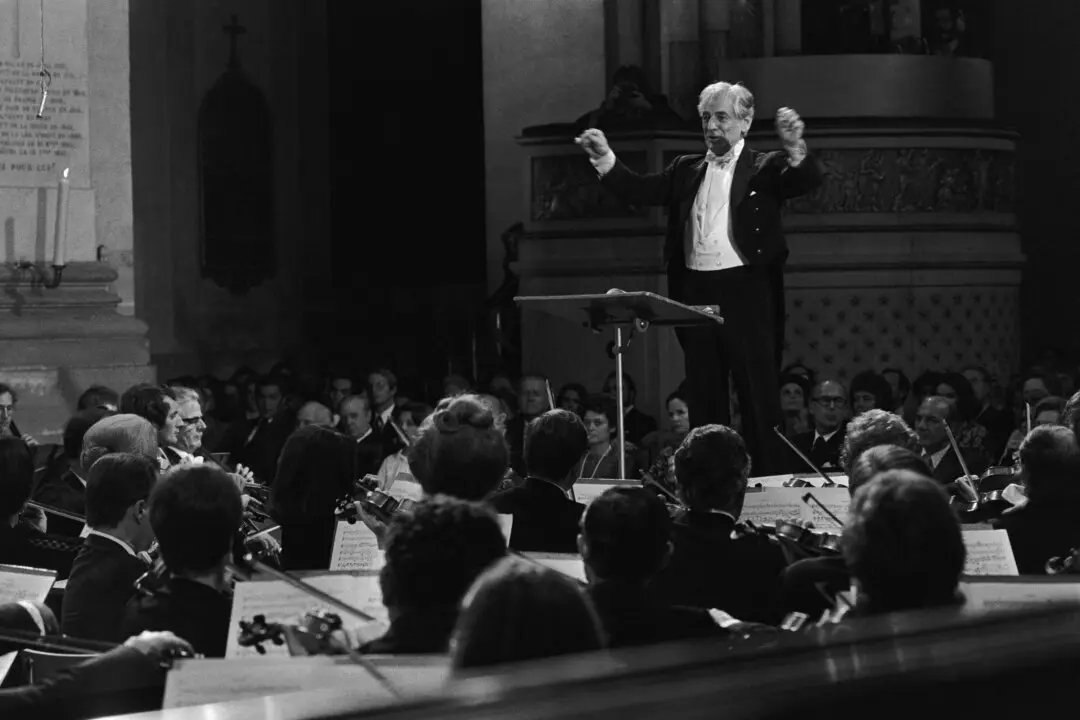“It is, after all, amazing, how much my bit of music making helps. … When I come and sit down with my guitar, my table is immediately surrounded and there is singing.” In April 1941, writer and musician Ilse Weber wrote those words in a letter sent to her son, Hanus, from Theresienstadt, a Nazi ghetto in Terezin, Czechoslovakia. The camp and its prisoners were often used by the Nazis for propagandistic purposes in an attempt to discredit those highlighting the grim living conditions of concentration camps and ghettos.
In the early years of World War II, Ilse volunteered at the concentration camp children’s infirmary, putting her love of words and music to good to help care for children whose families had been deported to the ghetto after Hitler’s rise to power and the establishment of Nazi Germany.





